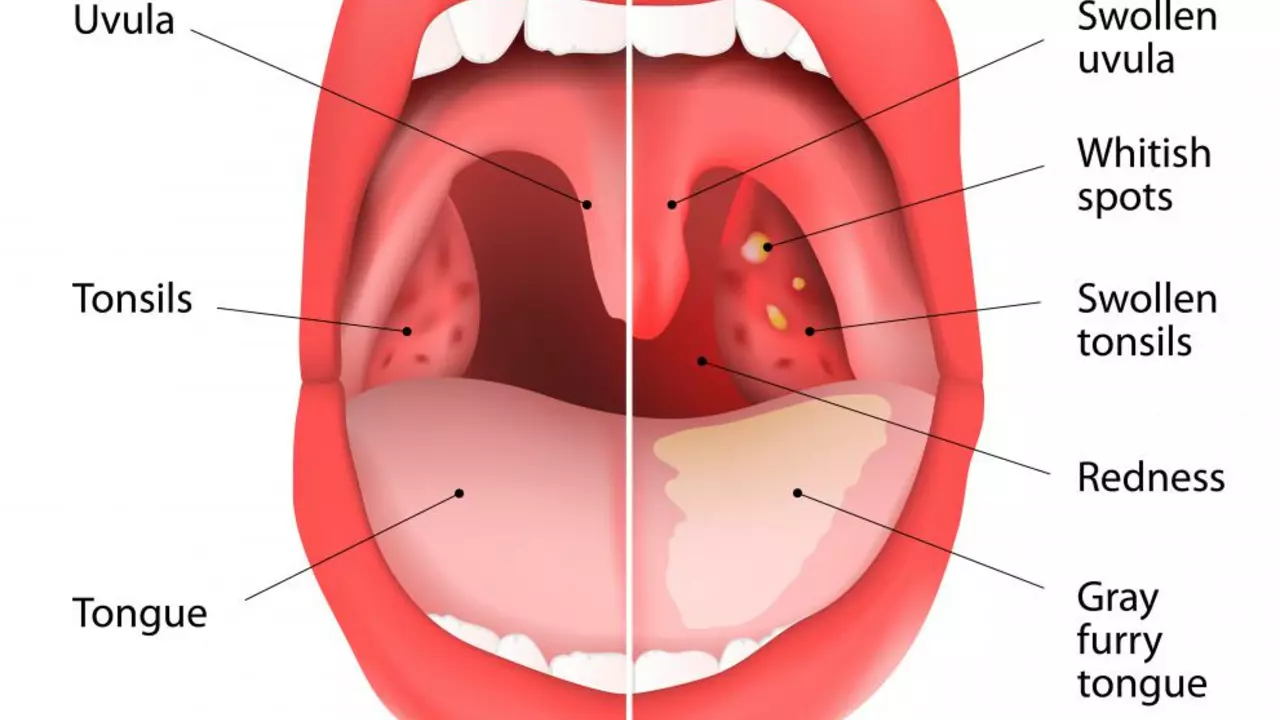Bad breath: what causes it and how to fix it fast
Bad breath is embarrassing and can feel persistent even after brushing. About 1 in 4 people deal with it at some point. The good news: most causes are treatable. Read on for clear, practical steps you can try today and signs that mean you should see a professional.
Common causes of bad breath
Start in the mouth. Bacteria feed on leftover food and dead cells, producing smelly compounds. A coated tongue, gum disease, tooth decay, and poorly fitted dental work are top offenders. Tongue coating is sneaky — it often causes morning breath.
Dry mouth (xerostomia) makes breath worse because saliva washes bacteria away. Many medicines cause dry mouth — think some antihistamines, decongestants, and older antidepressants. If you take meds and your mouth feels dry, mention it to your doctor.
Other causes come from deeper. Sinus infections, post-nasal drip, and tonsil stones trap smelly debris. Acid reflux (GERD) can bring stomach smells into the throat. Systemic conditions like uncontrolled diabetes can give a fruity or acetone-like odor, and severe kidney or liver problems may change breath scent too. Those are less common but worth checking if other symptoms appear.
Practical fixes you can try today
Clean your mouth the right way. Brush twice a day and floss once daily. Don’t skip the tongue — use a tongue scraper or brush the tongue gently to remove coating. Replace your toothbrush every 3 months or after illness.
Rinse with an alcohol-free mouthwash that controls bacteria, or use a chlorhexidine rinse for short-term treatment if your dentist recommends it. Chewing sugar-free gum with xylitol boosts saliva and helps clear food bits when you can’t brush.
Stay hydrated and cut down on strong-smelling foods like garlic, onion, and excess coffee. Quit smoking — tobacco dries the mouth and adds persistent odors. Regular dental checkups and cleanings are crucial; your hygienist can spot gum disease and hidden decay.
If dry mouth is the issue, ask your doctor about changing medicines or using saliva substitutes. For reflux-related breath, a low-acid or reflux-friendly diet and following your doctor’s treatment plan often help reduce smells coming from the stomach.
If you try these steps and the problem persists, get help. See your dentist first — they’ll check for gum disease, cavities, or tonsil stones. If the dentist rules out oral causes, your doctor or an ENT can investigate sinuses, reflux, or other health issues. Seek urgent care if bad breath comes with unexplained weight loss, a strong sweet or chemical smell, fever, or severe dry mouth.
Small changes — better brushing, tongue care, hydration, and a dental visit — often fix bad breath. If not, follow up with a professional so you can stop worrying and start feeling confident again.
Can Tonsillitis Cause Bad Breath? What You Need to Know
In my latest research, I've found that tonsillitis can indeed cause bad breath. The reason lies in the bacteria or viruses that infect the tonsils, leading to inflammation and bad odor. It's also worth noting that the condition can cause other symptoms such as a sore throat and difficulty swallowing. So, if you've noticed a sudden change in your breath coupled with these symptoms, it might be time to see a doctor. Remember, early detection and treatment can help manage the situation effectively.
- View More
- 15

